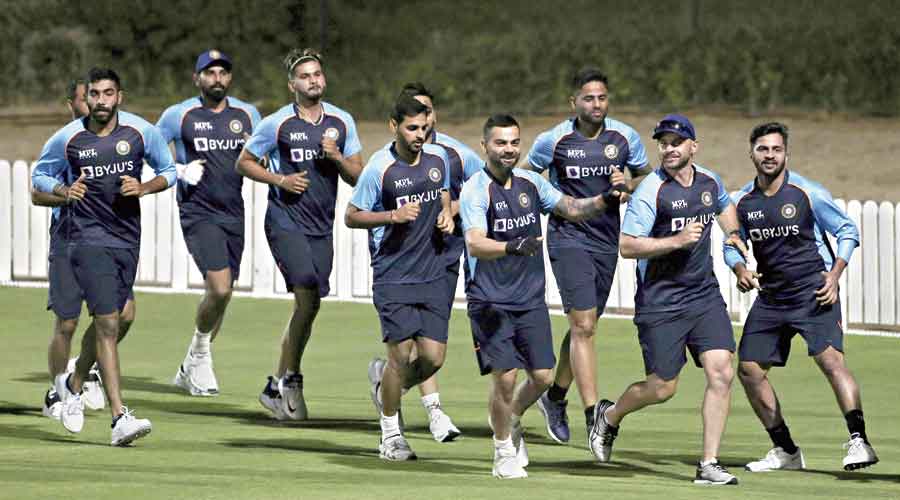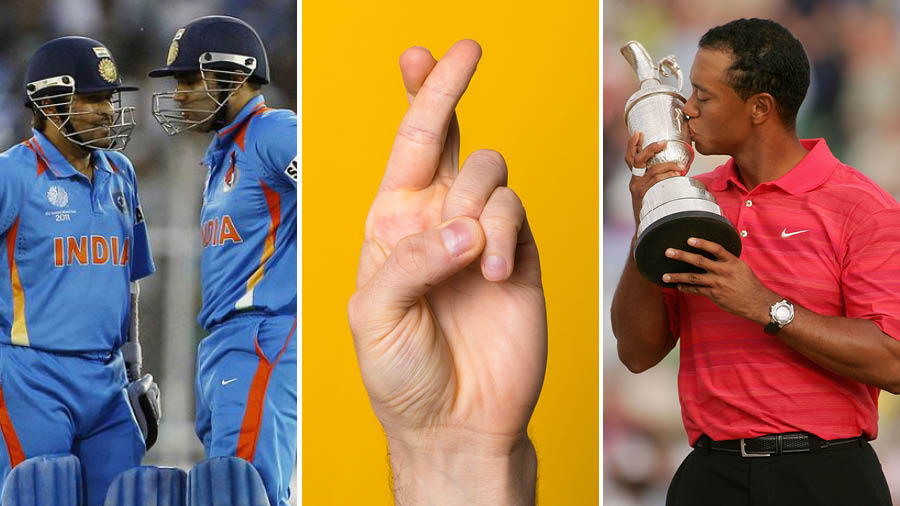In June, I walked up to a very pretty woman in a cafe and told her: “Hi, I think you are really cute! Are you single?” I went on a few dates with her shortly. My friends told me I got lucky. I disagreed — I made my own luck.
In July, an Olympian I am working with won silver and got a personal best in a major international competition. She said: “I got lucky!” I disagreed — I thought she made her own luck.
But it got me thinking. Why do so many people think they get lucky? I set out to research and confirm what I knew and to answer the question: ‘Can you create your own luck?’
Four types of luck
At the psychological level, ‘Luck’ or that giddy feeling of ‘being lucky’ is the feeling of being pushed towards a goal or chasing something we want. It’s like walking with a strong wind pushing you along. Dr James Austin, a renowned scientist, spent his life contributing to our understanding of the neurophysiology of the human brain. He decoded four types of luck. ‘Blind luck’ which is completely out of your control. Things like your height, your eye colour, where and to whom you are born. Dr Austin studied how our brains respond to luck and our sensory reception of it. This determines what we do. When blind luck arrives the only thing we can do is not waste it. We cannot control blind luck. But there are other types of luck we can control.

‘Blind luck’ is completely out of your control. When blind luck arrives, the only thing we can do is not waste it Shutterstock
‘Luck from motion’ arrives from a persistent curiosity about things combined with constant energetic behaviours to explore and experiment. The more things you have dedicated action in, the better you get at this type of luck. Eventually, you sharpen your skills and also come in social contact with those who can help. This is the fundamental basis of ‘hustle culture’. What hustle culture misses is the ‘dedicated’ action part and not just working for work's sake, but learning with action as well.
Then we have ‘luck in preparation’, which is how we have specific specialist knowledge and can connect this knowledge to new information or events. You know what works and what does not. Think that you are a coach and you ‘spot’ a natural talent. The coach is drawing on his specialist knowledge of good-hand eye coordination and ability to learn. Another example is networking and having enough social capital to enable your good hard work to be recognised.

‘Luck in preparation’, is how we have specific specialist knowledge and can connect this knowledge to new information or events TT Archives
‘Unique to you luck’ is the distinctive personal skills, features and lifestyles that make you the person you are. This is basically how you operate and deal with people. For example, there are athletes who are very unpleasant, but their team always trusts them to get their job done, and therefore will put them in positions of success. This type of luck works like a magnet because people automatically think ‘only’ you can do it. Fun fact: this is what personal branding in the entertainment industry works on. This is why when I say Iron Man, you think of Robert Downey Jr. Then I say golf, you think Tiger Woods. This kind of luck is an outcome of dedicated work to be the best version of yourself unique to you. In some ways, this is what they mean by ‘you make your own luck’.
What to do when you don’t feel lucky?

Focus on ‘luck from motion’ or ‘luck in preparation’ and guide your beliefs on those two Shutterstock
When I have a high-performance individual working with me, nine times out of 10 they are aiming to achieve something massive. My first action is to work with them to figure out why they want to do it (so ask yourself this before you engage in any action). Then we work on belief. Luck is the love-child of belief driven behaviour. I always say: “Before you start your journey, believe 100% or don’t believe at all. Because anything that’s less than 100% will kill you.”
Focus on ‘luck from motion’ or ‘luck in preparation’ and guide your beliefs on those two. When the athlete focuses on luck in motion and believes they can achieve it, they become far more consistent in their training and start developing their skills 0.001% at a time. This contributes to ‘luck in preparation’. So eventually, when a spot opens up in a team, they can take it and thrive. When a new project opens up in your job, you can take it and thrive, eventually securing that promotion. By this same strategy, you can build your motion and preparation in a friendship (or situationship) with your crush so that when blind luck happens, you can be there to take advantage of it.
We only get lucky when we are present at the bus stop when luck gets off the bus. As the wise old Roman, Seneca, said: “Luck happens when preparation meets opportunity.” I often liken it to boarding a plane, buckling your seatbelt and as you are on the tarmac finding that the entire row is empty. You did not create the conditions for the extra space, but you are in the position to take advantage of it. So, can you create your own luck? No, but you can certainly be there to shake hands with luck when it drops by.
Dr Sahen Gupta is a Kolkata-born, India- and UK-based psychologist who divides his time between mental health support and high-performance coaching. As the founder of Discovery Sport & Performance Lab, he works not only with Olympians and other top-level sportspersons, but also with CEOs and other professionals striving for excellence. Dr Gupta’s mission is to simplify complexities of the mind into actionable and simple ‘doables’ that allow individuals to be mentally fit.


